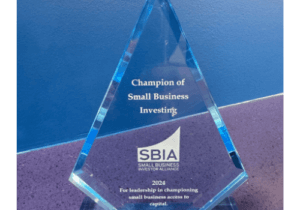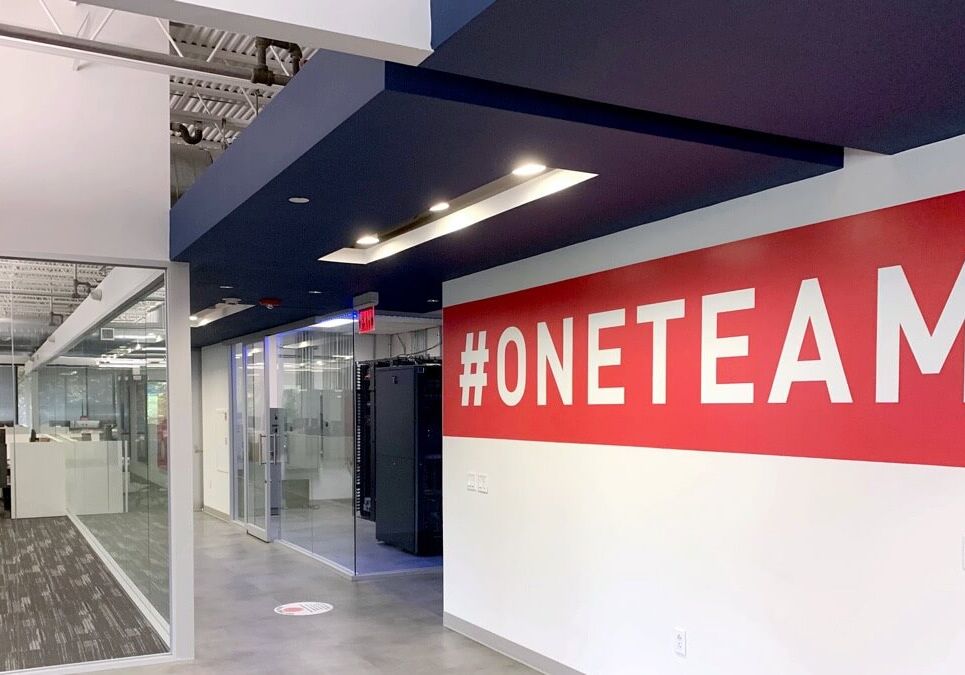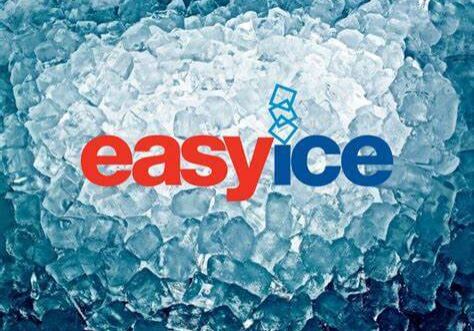Eversheds Sutherland and the Small Business Investor Alliance look forward to hosting the 22nd Annual BDC Roundtable on October 7-8, 2025.
We hope you will join us in Washington, DC alongside BDC executives, regulators, asset managers and fund sponsors as we explore the latest developments impacting the BDC industry. Learn more >
About Business Development Companies
In 1980, when the U.S. was dealing with high unemployment and an energy crisis, Congress created the BDC structure to boost economic growth by increasing access to capital for American businesses. BDCs are a job-creating engine that provide access to capital to middle market companies that are not yet large enough to access broad capital markets, but require more capital for growth than banks can provide. By investing in either debt or equity of small and mid-sized businesses, BDCs enable nascent companies to purchase things such as land, equipment, and factories. This financing helps the businesses expand and create jobs. The more capital there is available to BDCs means more American small businesses have the opportunity for growth.
FAST FACT
BDCs invest in private businesses that are not ready or do not intend to be publicly traded themselves but need access to capital.
The BDC industry continues to grow rapidly and as of 2023 there were 139 BDCs with over $312 billion in AUM investing in small- and medium-sized businesses across the country. BDCs are currently held by the following types of investors:
- 50% Individuals
- 30% IRAs
- 20% Institutions
FAST FACT
Created in 1980 with overwhelming bipartisan Congressional support, Business Development Companies (BDCs) are job-creating engines that provide access to capital for American small- and medium-sized businesses.
Federal Regulation & Compliance
Business development companies are closed-end investment companies that have elected to be regulated as BDCs under the Investment Company Act of 1940, and are therefore regulated by the Securities and Exchange Commission (SEC). Externally-managed BDCs must be advised by a registered investment adviser under the Investment Advisers Act of 1940. Unlike other investment companies, BDCs function like traditional operating companies and are also subject to the Securities Act of 1933, the Securities Exchange Act of 1934, and the listing standards of the national securities exchange on which their shares of common stock are listed, if any.
FAST FACT
The benefit of partnering with a BDC is two-fold: All types of BDCs fill the access to capital gap for thousands of smaller businesses, and public BDCs unlock attractive investment opportunities for everyday individual investors – in other words, you do not need to be extremely wealthy or an investment professional to benefit from investing in the long-term growth of small private companies, simply buy BDC stock.
BDC Investing
As investors seek more yield-oriented investments, business development companies have become increasingly popular, particularly for asset managers who can seed a new portfolio with performing investments. The BDC structure also offers retail or Main Street investors the opportunity to invest in smaller U.S. companies that otherwise only high net worth investors would be able to access. This helps to close both the investment opportunity gap and the capital gap. BDCs have provided good returns to investors compared to traditional fixed income investments. Non-traded BDCs are sold through broker-dealer channels similar to non-traded REITs, and private BDCs, which are typically launched by a manager with access to qualified and accredited investors and is sold through a private placement.
FAST FACT
BDCs invest more than 70% of their total assets in “eligible portfolio companies,” which are generally defined as public and private U.S. operating companies valued at under $250 million.
BDCs and the Small Business Investor Alliance
The Small Business Investor Alliance is recognized as the “go-to” resource for Congress and regulators on issues pertaining to BDCs and their investors. In March 2017, after SBIA’s multi-year education campaign “BDCs Work for America,” legislation modernizing BDC regulation was signed into law. The legislation allows the BDC industry to provide billions of dollars in additional growth capital to American small businesses through streamlined regulations and an optional increase in the leverage ratio. Every year, SBIA engages in hundreds of meetings with regulators and members of Congress to educate policymakers on the impact of BDCs.
BDC News Feed
BDC Success Stories

529 14th Street, NW
Suite 400
Washington, DC 20045
Phone: 202-628-5055





















